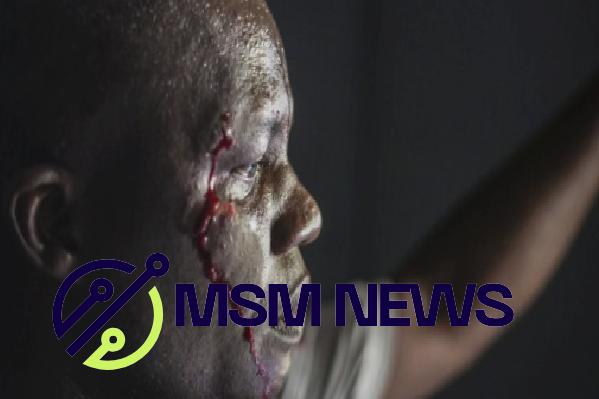PORT-AU-PRINCE, Haiti – Port-au-Prince’s fragile grip on stability shattered last Thursday as armed gang members stormed the city’s General Hospital, unleashing a barrage of bullets that killed two journalists and a police officer in one of the deadliest attacks on Haitian media in recent memory.
The violent assault led to the immediate removal of Haiti’s health minister, Duckenson Lorthe, with Justice Minister Patrick Pelissier stepping in as his interim replacement.
The attack, which left seven other journalists wounded, exposed glaring security lapses at what should have been a moment of hope – the reopening of the capital’s main public hospital.
“When we made contact with a police unit, they told us they weren’t even aware of the event,” said photographer Jean Feguens Regala, who survived the assault. The health ministry had invited media coverage, but the minister himself was notably absent from the ceremony for undisclosed reasons.
In a chilling postscript to the violence, Johnson “Izo” André, leader of the powerful Viv Ansanm gang that controls vast swathes of Port-au-Prince, claimed responsibility for the attack through a social media görüntü.
His message was clear: the hospital’s reopening had not received the gang alliance’s approval – a stark illustration of how deeply criminal organizations have penetrated Haiti’s capital.
The attack marks a disturbing escalation in Haiti’s spiraling security crisis, where gang violence has reached unprecedented levels. Armed groups have launched coordinated assaults on prisons, police stations, and even the capital’s main international airport, effectively paralyzing Port-au-Prince.
The extent of gang control is staggering – an estimated 85% of the capital now falls under their dominion, creating a parallel power structure that challenges any semblance of official governance.
This power vacuum has left Haiti’s transitional council – a coalition of political parties, business associations, and civil society organizations – struggling to maintain order, let alone advance toward democratic governance.
Their efforts to organize elections have been repeatedly thwarted by the deteriorating security situation, leaving the Caribbean nation trapped in a cycle of institutional weakness and criminal empowerment.
The hospital attack serves as a grim reminder of the challenges facing Haiti’s interim leadership. When gang leaders can openly veto the reopening of essential public services and enforce their will through violence, it raises serious questions about the viability of any political solution without first addressing the fundamental security crisis gripping the nation. (WiredJA)



Leave a Reply